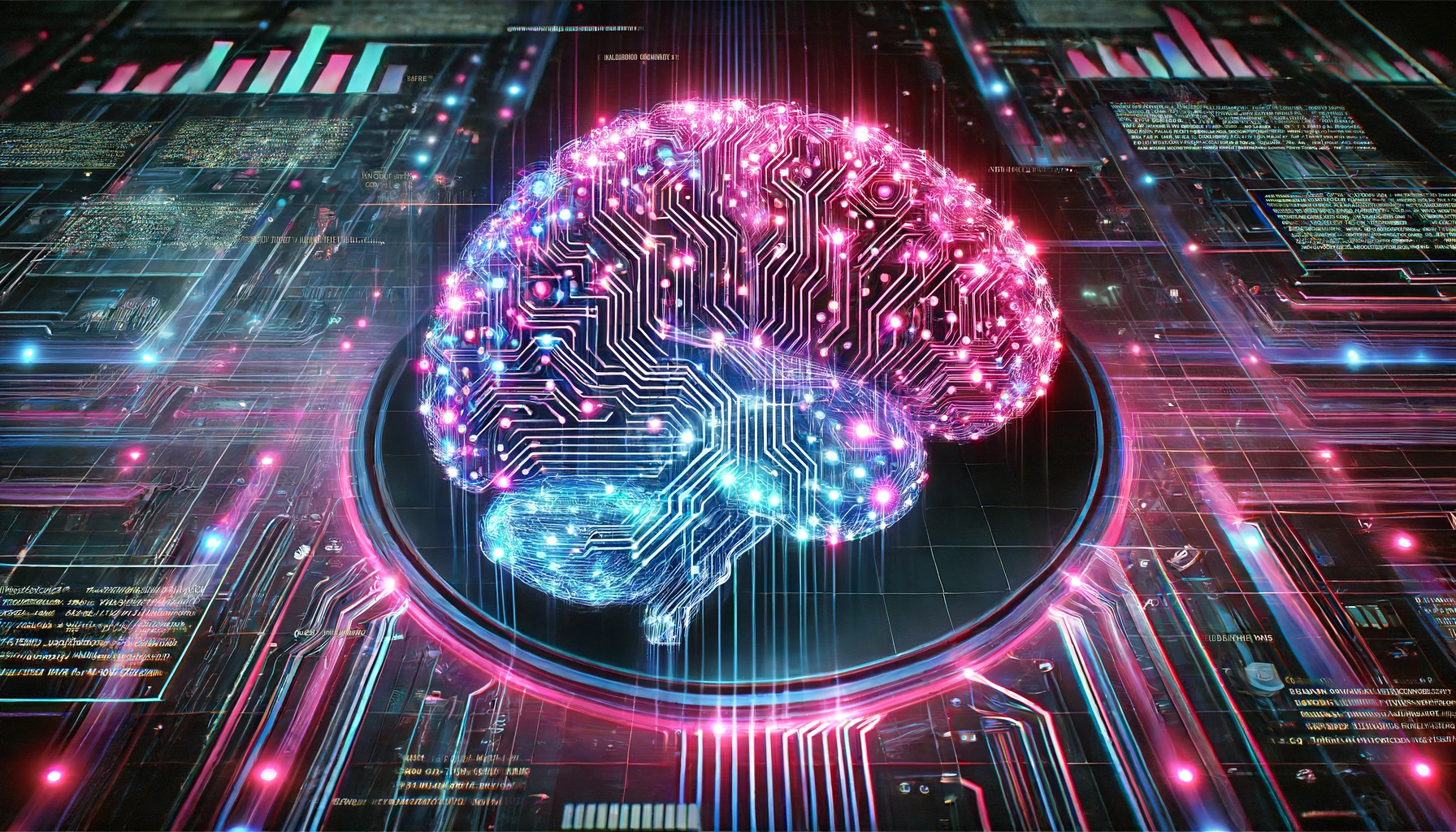Nvidia researchers report significant progress in developing a fully functional, commercially viable quantum computer using GPU-based simulations, potentially revolutionizing several industries.
Points
- Nvidia reports significant progress toward GPU-based quantum computing.
- Quantum computers differ from classical computers, using qubits for complex computations.
- Nvidia focuses on quantum annealing, simulating behavior with GPU clusters.
- Potential applications in optimization, finance, energy, and blockchain.
- Quantum annealing systems designed for specific problem-solving.
Nvidia researchers are claiming noteworthy progress in the quest to build a fully functional, commercially viable quantum computer based on supercomputer simulations conducted with graphical processing units (GPUs).
While progress toward the development of a useful quantum computer has been steady for decades, physicists are still split on exactly what path to take toward their ultimate creation.
Quantum Physics
Quantum computers function differently from their classical counterparts. The computers we use every day, such as the one you’re reading this article on, rely on binary switches to conduct computations. But their quantum cousins exploit the nature of physics, through the use of qubits, to conduct much more complex computations than ones and zeros alone are capable of.
There are numerous schools of thought when it comes to exactly how to build a quantum computer, and all of them involve incredibly expensive infrastructure, frontier engineering, and groundbreaking research into theoretical math and physics concepts.
Arguably, the two most common approaches being explored today are quantum gating and quantum annealing. The differences between the two are stark, as are their potential capabilities.
Nvidia is working toward the development of a quantum annealing system. Its vast experience with GPUs in both the gaming and artificial intelligence sectors puts it in a unique position to pursue quantum computing research via supercomputer simulations.
Supercomputers vs. Superclusters
According to the recently published research paper, Nvidia researchers tapped hundreds of thousands of GPUs in several separate clusters to simulate the behavior of a quantum annealing system.
These kinds of simulations are typically performed on supercomputers featuring CPU clusters or similar architectures. But Nvidia’s pioneering GPUs give it a powerful alternative.
The Nvidia research describes how the team used these GPU-based quantum simulations to solve an outstanding problem encountered in annealing systems where magnetic particles used in quantum computing would “abruptly change their behavior.”
Through simulations, the team was able to come up with a proposed solution involving the manipulation of magnetic fields. Once implemented, this could bring full-service quantum annealers a step closer to market.
Applications Going Forward
Quantum annealing systems are a special kind of quantum computer being developed to solve very specific problems. Unlike gate-based quantum computers, they’re not being designed to work on general tasks.
They’ll likely be developed in a bespoke manner to solve outstanding problems in the field of optimization. The industries most likely to be affected by quantum annealing systems include quantum sensing, transportation, shipping and logistics, energy, finance, and blockchain.
In the realm of finance, for example, scientists predict quantum computing systems could provide significant increases in accuracy in the areas of forecasting and portfolio management and diversification.
解説
- Nvidia’s progress in GPU-based quantum computing represents a significant milestone in the field of quantum technology. By leveraging their expertise in GPU development, Nvidia is pioneering a novel approach to quantum simulations, potentially accelerating the path to commercially viable quantum computers.
- Quantum computers differ fundamentally from classical computers by using qubits, which allow for more complex and efficient computations. Nvidia’s focus on quantum annealing, a specialized approach for solving optimization problems, highlights the potential for targeted applications in various industries.
- The use of GPU clusters for quantum simulations provides a powerful alternative to traditional CPU-based supercomputers. Nvidia’s innovative approach addresses key challenges in quantum annealing systems, such as the abrupt change in behavior of magnetic particles, offering solutions that could bring practical quantum computing closer to reality.
- The potential applications of quantum annealing systems are vast, with significant implications for optimization in fields like finance, energy, transportation, and blockchain. In finance, quantum computing could revolutionize forecasting accuracy and portfolio management, leading to more efficient and effective financial strategies.
- Overall, Nvidia’s advancements in quantum computing underscore the importance of ongoing research and development in this cutting-edge field. As the technology continues to evolve, the potential for transformative impacts across multiple industries becomes increasingly apparent. Investors and stakeholders should keep an eye on developments in quantum technology as it moves closer to practical implementation.
